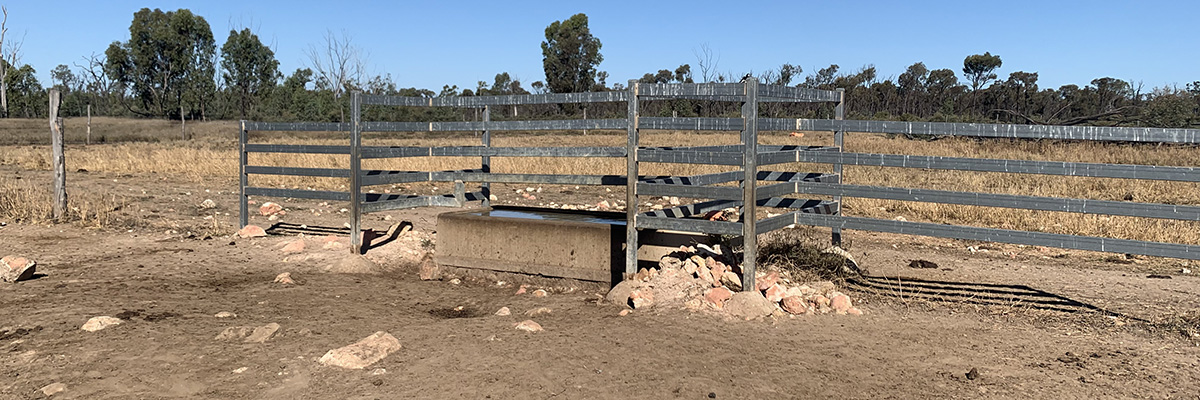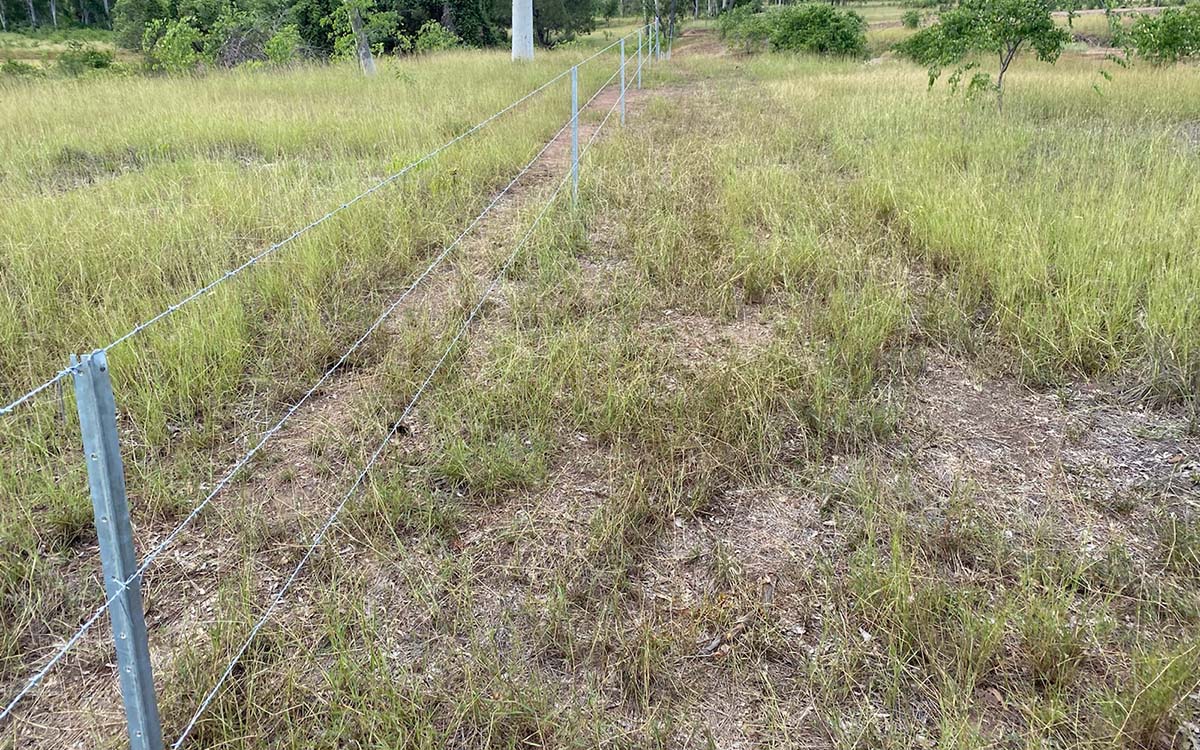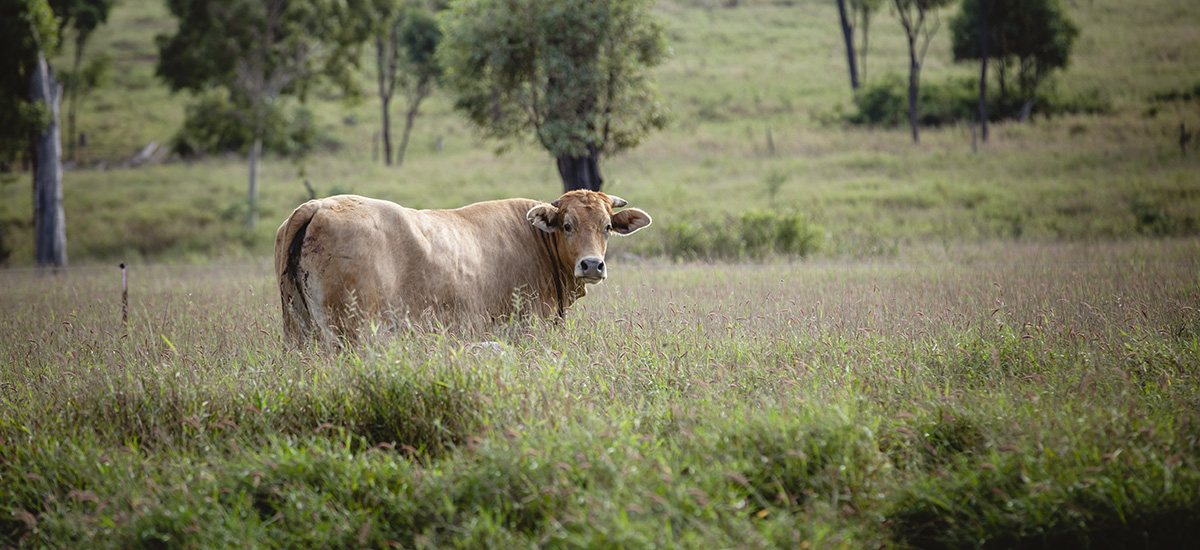Grants available to improve production, land management
Grants, technical and industry expertise are available to help graziers develop infrastructure to support land management changes to improve productivity and water quality outcomes.
Bowen Broken Bogie (BBB) catchment graziers are eligible to apply for grants of up to $20,000 to improve grazing land management for productivity and water quality outcomes.
Grants are available to assist landholders to undertake improvements that support graziers to improve land management, that ultimately lead to greater productivity, resilience and water quality.
Land management actions to improve productivity and land condition include (but are not limited to):
- new watering points to help landholders spread grazing pressure more evenly by allowing pasture to be spelled;
- smaller paddocks to give graziers more options to protect sensitive or degraded areas through spelling and
- installating whoa boys to reduce erosion on tracks.
A wide range of ongoing training and support is available to help all project participants to bring their overall plans to fruition.
An LDC team member will help graziers complete the application and advise on applicable land management actions to ensure projects have the greatest likelihood of success.

New watering points help graziers gain more control over grazing pressure.
Projector Tool guides projects
LDC uses the Paddock to Reef Projector Tool to assess and refine Grazing Land Management (GLM) projects for water quality benefits.
The tool helps predict the water quality benefits of property-scale improved projects in Great Barrier Reef catchments.
This helps LDC prioritise the higher-modelled areas of greater fine sediment discharge from the BBB to ensure water quality funding is directed towards projects that achieve cost- effective fine sediment savings.

Whoa boys help direct and slow the flow of run-off so it can permeate soil, retaining moisture for longer and growing more pasture.

Smaller paddocks give graziers more options to better manage their grazing regime.

